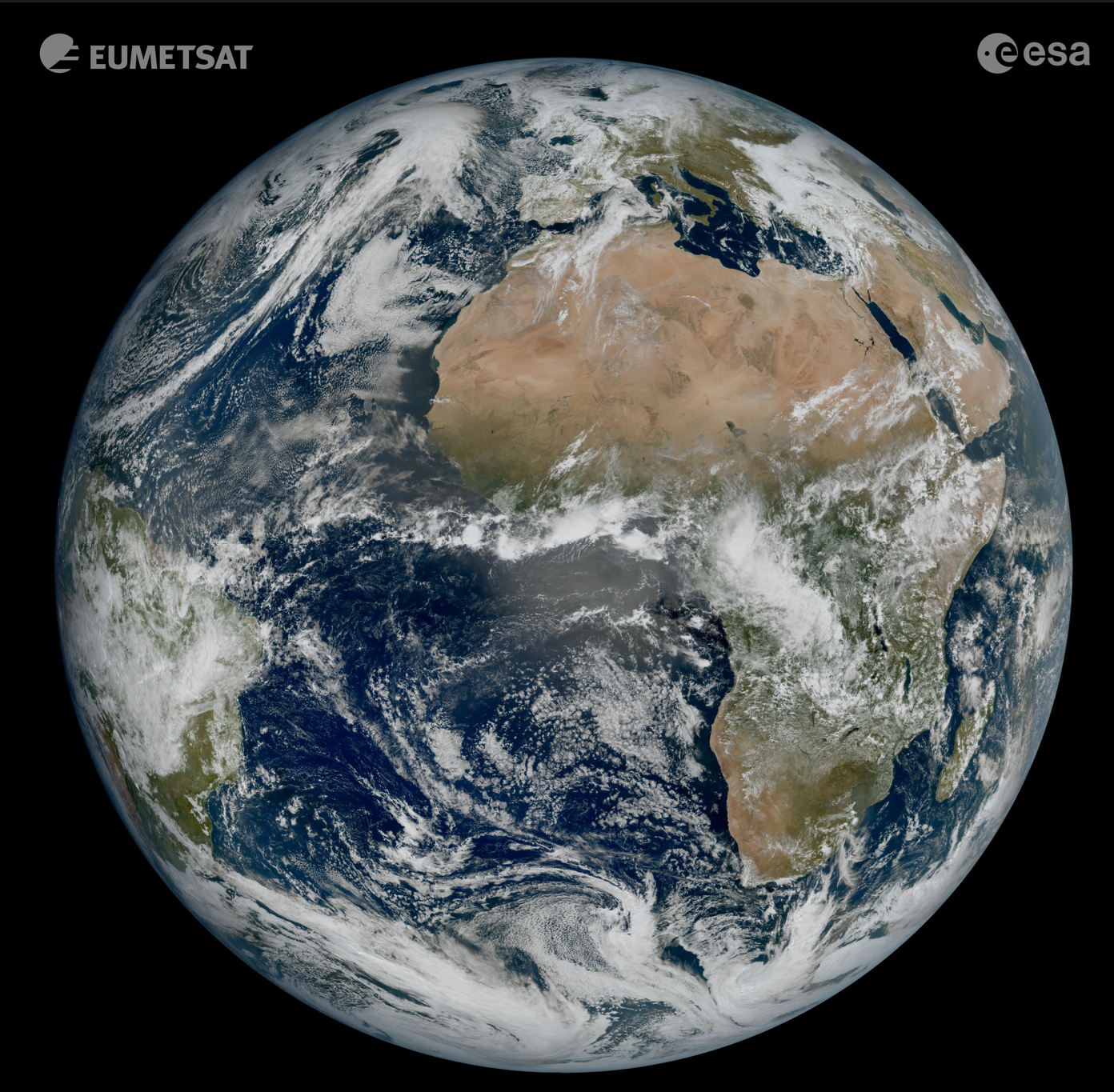Speaker
Description
Space utilisation plays a crucial role in understanding climate change, but due to a drastic increase in launch rates, there is an urgent need to understand and mitigate potential environmental impacts of space activities themselves, particularly of launchers. However, large knowledge gaps persist for their operational phase from lift-off to landing/reentry. Here, the largest Global Warming Potential and Ozone Layer Depletion Potential are expected. Especially in the higher atmospheric layers, which are only accessed by launchers, potential impacts of emitted pollutants are amplified by very long retention periods and substance accumulation effects. To investigate the Space Launch Impact on Climate and Environment, SLICE will therefore develop a research and training programme that bridges the current divide between space engineering and climate science to close the gaps that exist in the Life-Cycle Analysis of space launch systems. Thus, SLICE will contribute to advance the science of climate change by investigating the three most pressing research areas of this field: Launch Vehicle Emissions, Atmospheric Interaction & Climate Impact and System Analysis & Design. This will generate actionable insights, on which SLICE will develop solutions to reduce greenhouse gas emissions, accelerate the delivery of the Green Deal and establish an environmentally sustainable access to space. This will not only generate desperately needed novel results, which will enable cutting-edge innovations. It will also satisfy the pressing demand for a new generation of highly skilled and resilient researchers, trained to create and realise these necessary innovations and to develop a natural ecodesign thinking. SLICE is also highly needed to support current policy efforts, including the European Green Deal, ESA’s Agenda 2025, the upcoming EU Space Law and Product Environmental Footprint (PEF) regulations at European level, including the development of PEF Category Rules (PEFCR) for space.
The European Commission selected SLICE to be funded as an Innovative Training Network under the Horizon Europe's Marie Skłodowska Curie Actions. SLICE brings together 30 institutions from 9 European countries in a unique project that will start in January 2026. It is expected that SLICE will have a large community-building impact in the field of space sustainability and, in particular, the atmospheric impacts of spacecraft launch and re-entry.
The presentation will give and overview of the project and present the work plan, with a focus on the cross-disciplinary methodology. Since 18 doctoral candidates will be recruited for SLICE in 2026, the main purpose of this presentation is to make the community aware of these opportunities ahead of the publishing of the job advertisements in January 2026.

